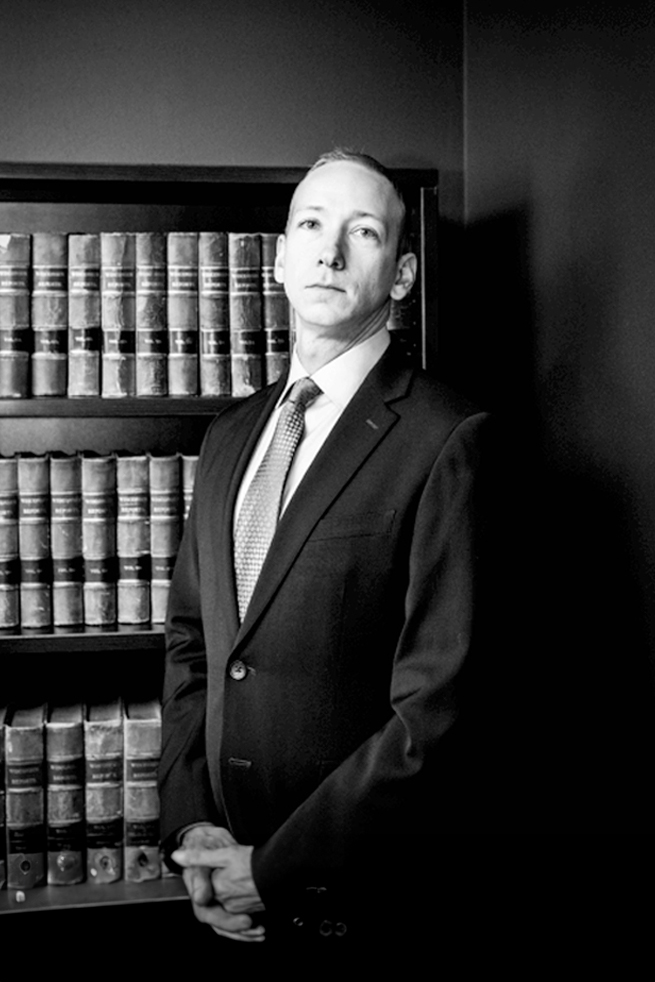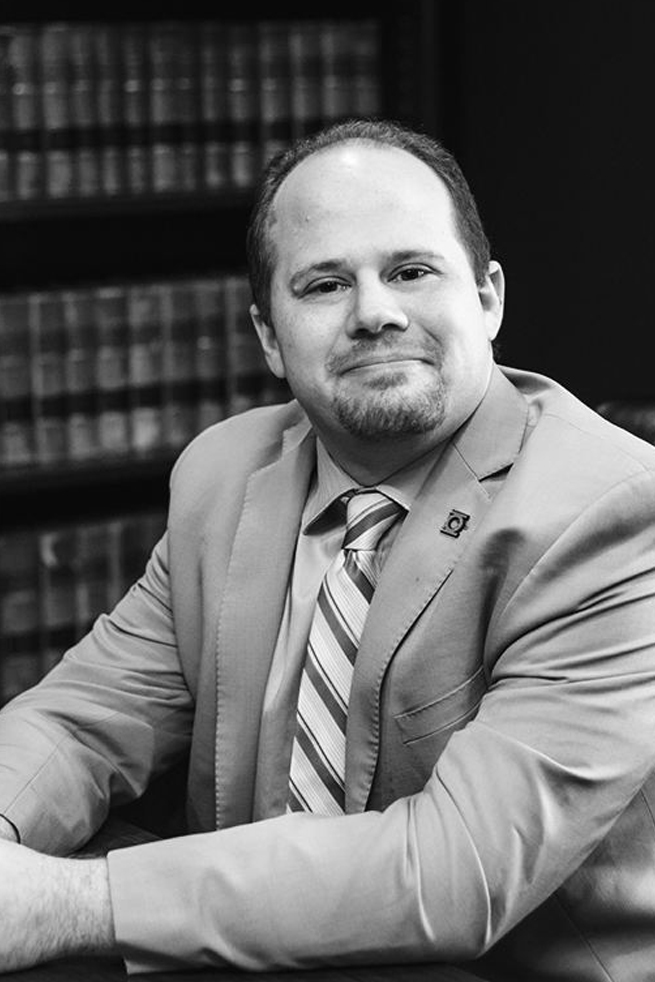 General
General
There were different legal definitions for a Will versus a Testament in the past, in the modern world these terms are interchangeable and mean the same thing. Wills used to mean a document that distributed real estate property, and a Testament distributed personal property. But now, society has joined these separate terms into meaning the same thing, as it makes more sense to distribute all types of property through one single document.
Contested probate is a probate in which an interested party, such as an heir or other family member, challenges core parts of the probate process—such as whom is chosen by the court to serve as executor, decisions in disposing of the decedent’s property, or how to interpret the decedent’s Will. Contested probates may involve someone challenging whether the decedent’s Will was validly created, such as by alleging the decedent was under improper pressure or not in sound mind when the Will was signed. It is important to remember that contested probates increase the legal and administrative costs of the probate for all parties, which usually results in the heirs receiving less money in their inheritances. Creating a proper Trust framework can help avoid probate, and therein the risk of someone contesting it.
In Wisconsin, conservatorships are usually referred to as Guardianships. This process involves an at-risk person who needs assistance managing his or her affairs. The court will typically appoint a responsible guardian to manage the person’s property with important decision-making authority over the person’s housing and living circumstances. Having a guardianship is similar to the responsibility a parent has over their child. The need for a conservatorship can be avoided with proper Power of Attorney documents.






















